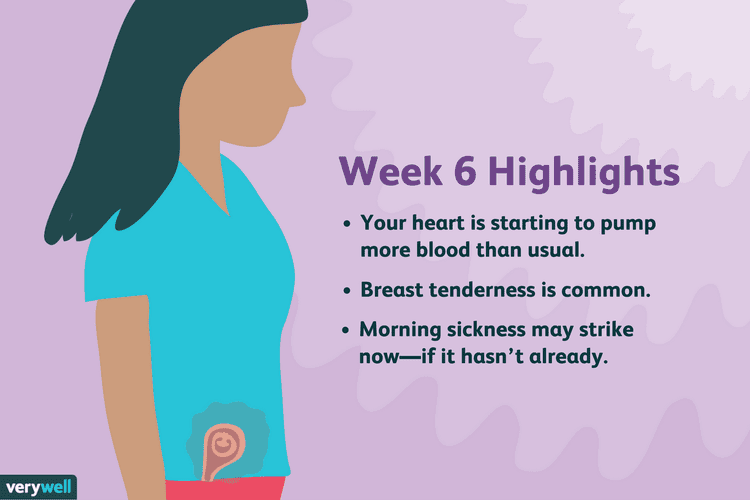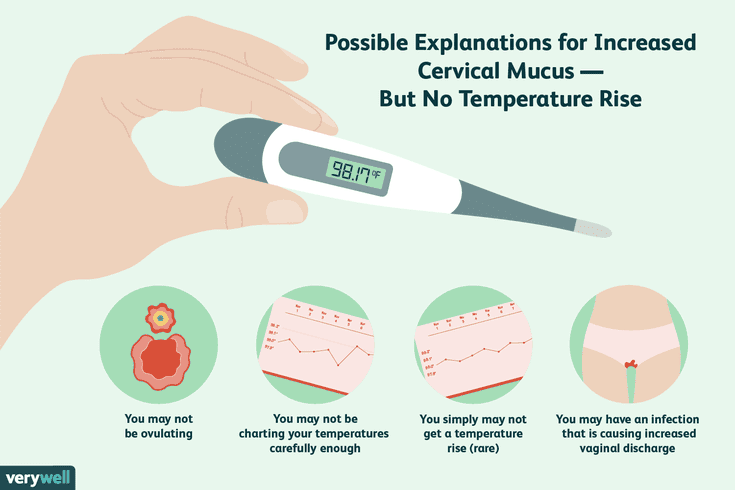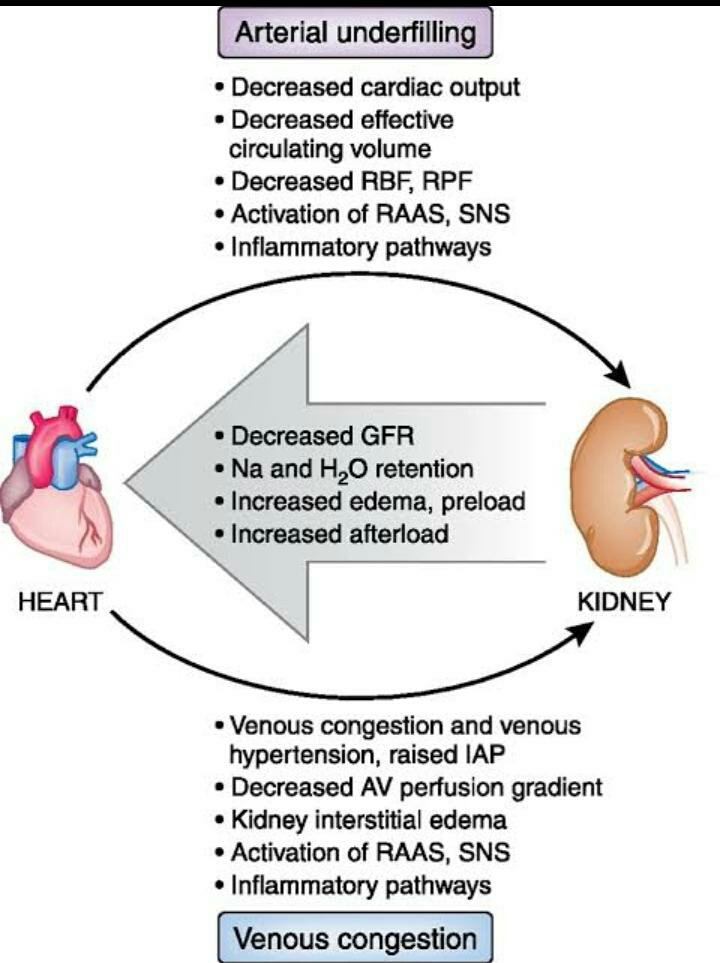Craving meat during pregnancy
Meat Cravings During Pregnancy - Plant Based Juniors
Plant-based and craving meat? Guess what! It’s totally normal to have crazy food cravings during pregnancy and it doesn’t mean you need to ditch your plant-based diet.
Do Pregnancy Cravings Mean You Have A Nutrient Deficiency?
It’s a huge misconception that your body craves specific foods for the nutrients they contain. We often think that cravings for meat are your body’s way of telling you that you need more iron or protein, but research doesn’t support this theory.
In fact, the only established nutrient-deficiency related craving is the association between cravings for ice and a lack of iron. So, if you find yourself desperately wanting to munch on ice chips or other non-nutritive substances like paper or dirt (yes, it’s a thing), you may be experiencing a condition known a pica, related to low iron stores.
Think about it this way– when you’re craving something salty, what do you usually gravitate toward? Typically it’s chips, crackers, french fries and not roasted veggies with sea salt or seaweed.
Or when you want something sweet — do you crave fresh fruit? Or is it more likely that your brain wants ice cream, cookies, or chocolate?
Studies show that 50-90% of pregnant women experience cravings for specific foods and these are usually high-sugar and high-fat foods, not nutrient-dense foods. If meat cravings meant that our bodies really just needed protein or iron, then lentils or oats would do the trick.
What Causes Pregnancy Cravings?
Research shows that cravings are more likely emotionally charged. Most people crave comfort food, things they ate in the past that brought them happiness.
Did your pre-plant-based self enjoy steak or do you have fond memories of eating happy meals with your family? If so, then that’s more likely the root of your cravings – not a need for the nutrients in meat, which you can easily find in other, kinder, food options.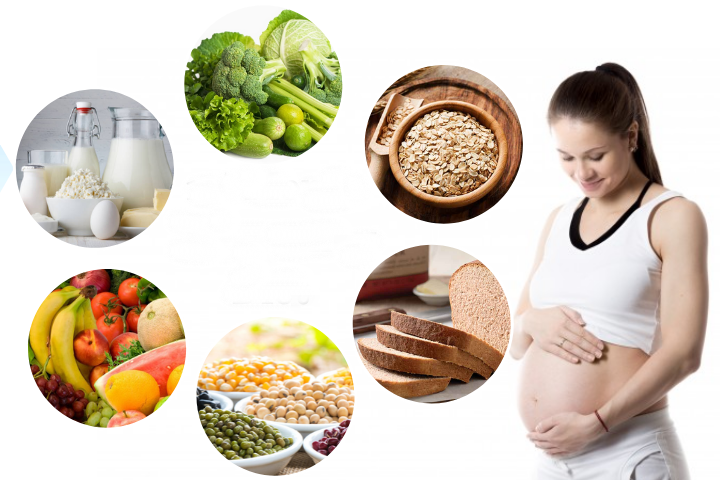
On the flip side, many omnivorous women actually experience an aversion to meat and animal products during pregnancy, especially during the first trimester. This is thought to be an evolutionary response crafted to protect the developing fetus from pathogens, which are more likely to be found in meat than in other non-animal foods.
The PBJ Bottomline
If all of a sudden you’re craving meat during pregnancy, it’s not because you’re missing out on certain nutrients, or because you’re a bad vegan or vegetarian – it’s totally normal. Try filling your cravings with other comforting foods or enjoying a plant-based alternative to your craving. If you want a burger, try an Impossible Burger. If you’re craving cream cheese, grab a tub of Kite Hill!
Did you/do you have any crazy pregnancy cravings? Share below!
Craving Meat During Pregnancy? Steaks, Raw Meat, and More
Last Updated on April 14, 2022
Sinking your teeth into a nice steak (or a juicy burger, if that is more your speed) comes with its own set of considerations during pregnancy- but many pregnant women find themselves with just as many questions about what it means to crave meat.
There is nothing out of the ordinary when it comes to craving meats during pregnancy- even for vegan or vegetarian mothers. And though there is not one single reason why cravings happen, cravings for meat could be signs of potential iron deficiency, amongst other reasons.
I’ll break down the potential reasons behind cravings for all types of meats, as well as ways to get your fix even if you stick to a plant-based healthy diet during pregnancy.
Covered in this Article:
Craving Meat (Including Red Meat) During Pregnancy: What Does it Mean?Though the most common cravings during pregnancy include fresh fruit and sweet treats, cravings for meat are also not uncommon (source: Doylestown Women’s Health).
While there likely is no single reason that pregnancy food cravings happen, scientists do have several ideas. When it comes to craving meat, there are two that stick out.
First, meats- particularly red meats- are very good sources of iron.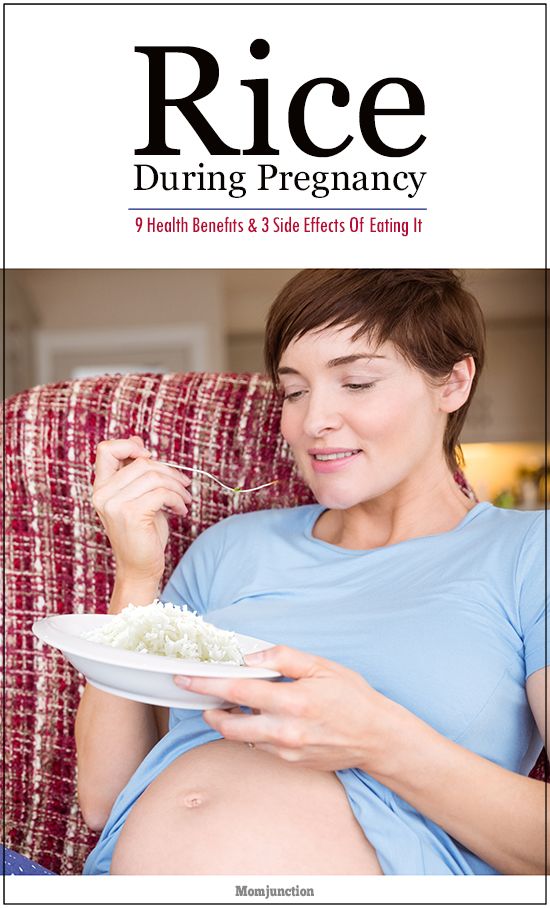 Not only do these foods have a lot of iron, but they contain the type known as heme iron, which is better absorbed and used by the body (source: American Red Cross).
Not only do these foods have a lot of iron, but they contain the type known as heme iron, which is better absorbed and used by the body (source: American Red Cross).
Amounts of iron need to increase up to 27 mg daily during pregnancy, which goes to help keep up circulation between mom and her growing baby (source: Mayo Clinic).
With the increase in iron needs, some women may find themselves falling short of their daily goal. This is one potential reason for meat cravings, where the body is trying to encourage you to eat healthy foods high in the nutrients you need most.
Second, meats come with a number of safety considerations throughout pregnancy, and many women may incidentally wind up eating less of them for fear of accidentally contracting foodborne illness. Feeling like you can’t have a particular food and avoiding it entirely is one way to give yourself strong cravings (source: BBC).
Since well-cooked and steaming hot meats are still safe to enjoy while pregnant, go ahead and satisfy your common pregnancy craving.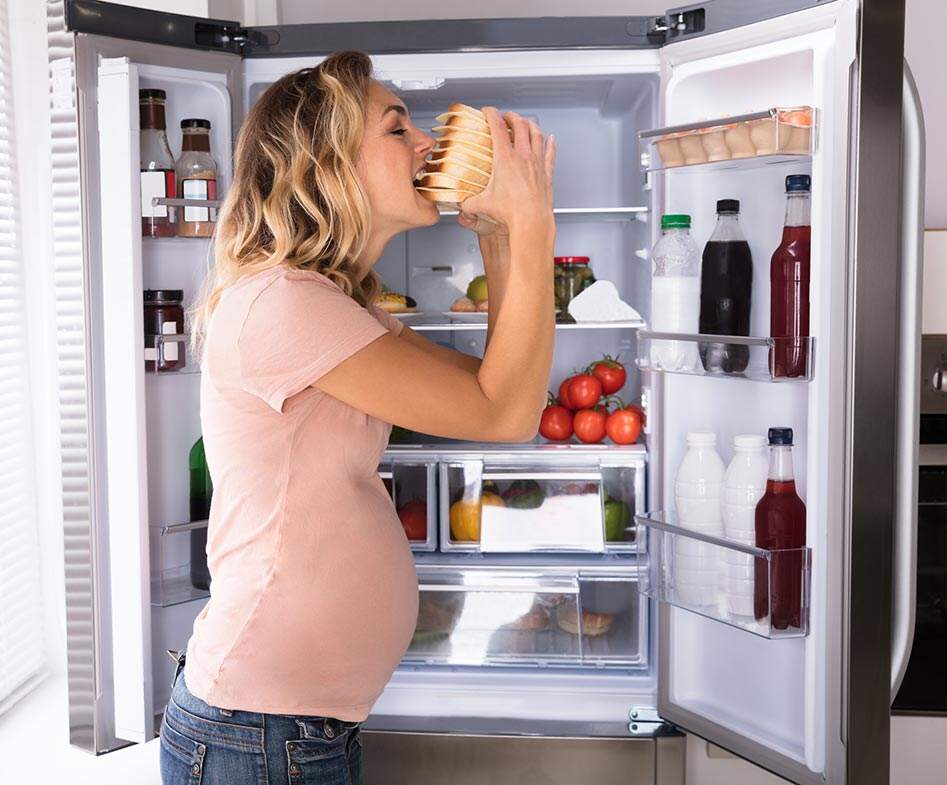
As I mentioned above, red meat is a rich source of iron, which is needed in greater amounts during pregnancy. If you tend to fall behind on your daily iron needs or have been told by your medical provider that your bloodwork shows low iron levels, craving red meat may be your body’s way of helping keep your iron levels up.
Additionally, steak is often thought of being a more indulgent red meat, which can be more appealing if your body is in need of extra calories.
Craving Raw Meat When Pregnant
Some women may crave raw meat in particular. While raw meat dishes like steak tartare and raw beef and onions are eaten across the world, this is not a safe style of food to eat during pregnancy.
Without thorough cooking, you and your baby are at high risk of getting food poisoning from eating undercooked meat, so these should be avoided when pregnant.
Craving non-Red Meat When Pregnant
Red meat is not the only meat craving during pregnancy, as some women specifically crave pork or chicken.
Though light and white meats are not quite as high in iron as red meats, they do still contain some heme-iron. Chicken, pork, and other meats are also common stars of cultural dishes and can be craved as comfort food.
I’m Vegan and Craving Meat During Pregnancy – Is This Normal?Many vegan and vegetarian mothers are surprised when they start craving meat during pregnancy, especially if it is something that is used to make their stomachs turn. Though surprising, cravings for meat during pregnancy can definitely be normal, even for vegan or vegetarian mothers.
Similar to omnivorous mothers craving red meat, low iron is certainly a possible reason behind this craving. While there are wonderful sources of plant-based iron, this iron is not as easily used by the body and typically found in smaller amounts in foods.
Of course, eating meats is one way to satisfy your common food craving and load up on essential nutrients, but for many vegan and vegetarian mothers, this simply isn’t the right choice for them.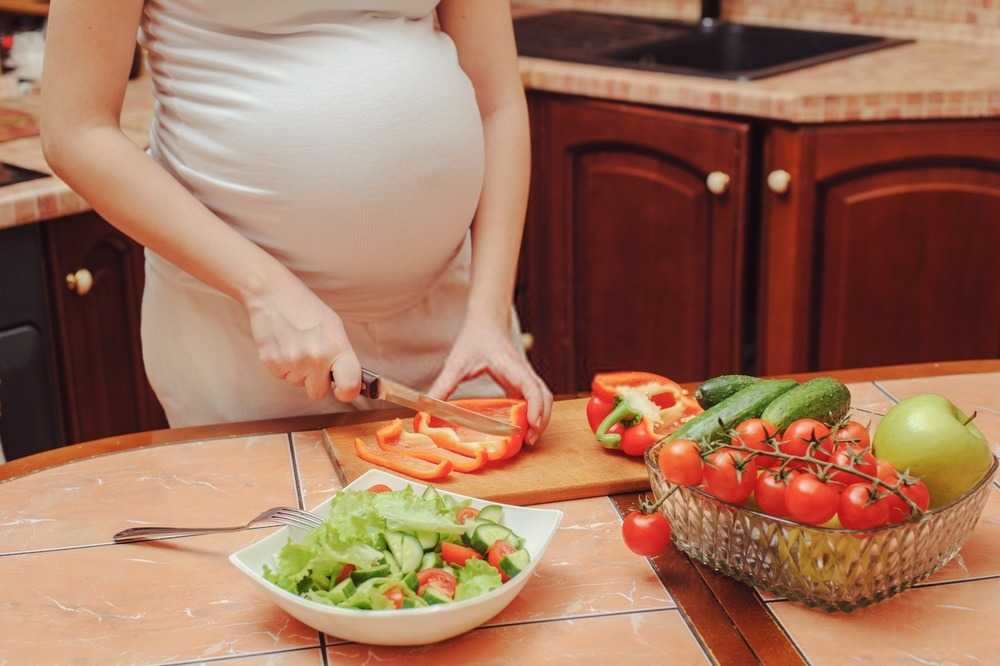
Enriched grains, beans and lentils, tofu, nuts, molasses, and dark greens are all good sources of plant-based iron. If you are a vegetarian who eats eggs, these are another good source (source: Cleveland Clinic).
Be sure to check with your medical provider before starting an iron supplement, as most prenatal vitamins already contain some supplemental iron.
Vegan mothers may also be craving meats as a source of vitamin B12. Vitamin B12 is only found naturally in animal products, but is especially essential during pregnancy to develop a baby’s central nervous system and spinal cord (source: American Pregnancy Association).
Fortified soy products such as tofu and tempeh, fortified breakfast cereals, nutritional yeast, marmite, and seaweeds are vegan sources of vitamin B12 (source: NHS).
Finally, the mysterious meat craving might not be related to nutrients at all. Rather, you might find the smell, texture, or flavor combination appealing. If you choose to eat them, vegan meat alternatives often have similar flavors and mouthfeels minus the meat.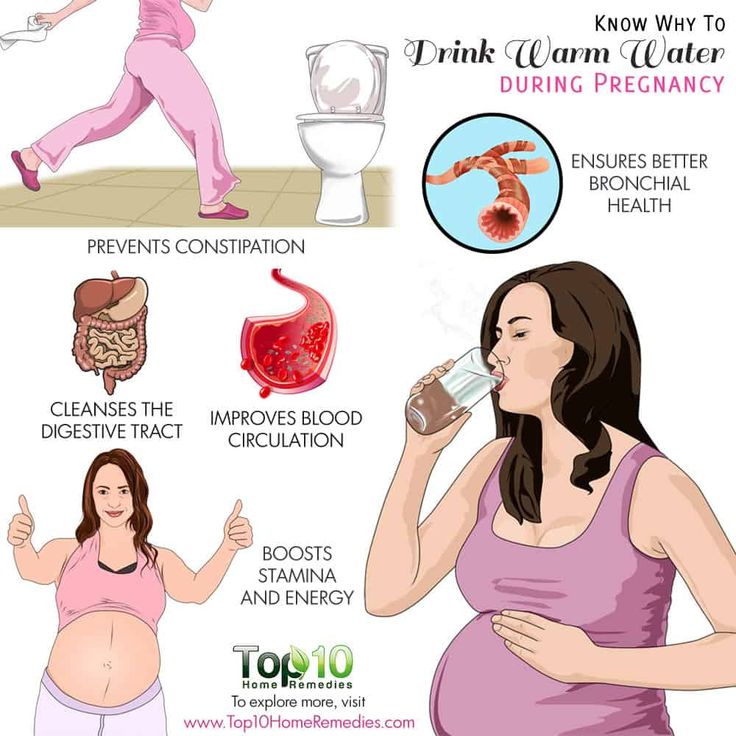
If you are/have been pregnant then there is a good chance you’ve heard the old adage that cravings for sweet foods means you’re having a girl and cravings for savory/salty foods means you’re having a boy. Since meats are typically served in a savory style, does craving meat mean you are carrying a baby boy?
Unfortunately, there is no scientific proof that checking in with your food cravings accurately predicts your baby’s gender. If you are craving meat during your pregnancy there is still an equal chance of having a girl- though it’s always fun to take a guess!
Out-of-the-blue cravings of any kind can be confusing, but especially when it’s food-like meat that you are not used to craving! Hopefully, you can now rest assured knowing a few reasons why meat cravings can be a normal part of pregnancy.
This article has been reviewed and approved for publication in line with our editorial policy.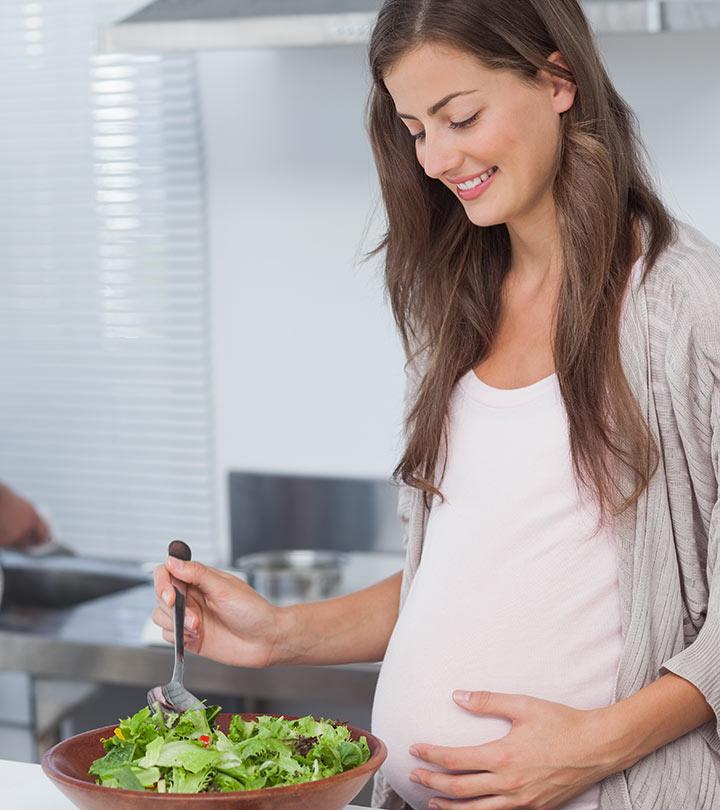 |
Why do you want meat during pregnancy? What is missing in the body? I want, I don’t want, or I really want sex during pregnancy.
Indeed! Science has proven that the hormone progesterone, which is especially active in the first trimester of pregnancy, is to blame for the emergence and change of taste preferences and habits in the body of pregnant women as a result of hormonal changes. It should be noted that during pregnancy, food preferences not only change and there is a desire to eat inedible, so to speak, “adequate” people, but completely new needs and desires appear.
As we already know, progesterone is the hormone of pregnancy, which is responsible for its maintenance and development of the fetus. Progesterone is produced in three places: the ovaries, the adrenal cortex and the placenta, which is formed at 16 weeks of gestation. From the moment of implantation, an increased synthesis of progesterone begins, that is, the attachment of the embryo to the uterine mucosa. In addition to such effects as relaxing the tone of smooth muscles, including the uterus, the “pregnancy hormone” also takes part in stimulating the growth of the mammary glands and prevents the rejection of the fetus directly by the body.
In addition to such effects as relaxing the tone of smooth muscles, including the uterus, the “pregnancy hormone” also takes part in stimulating the growth of the mammary glands and prevents the rejection of the fetus directly by the body.
Influencing the central nervous system, this hormone forms a focus of excitation in the brain - the dominant of pregnancy. Due to the increased content of the hormone in the body, a series of biochemical changes occur, which include a "search engine" in order to determine and use the substances necessary for pregnancy from the woman's body.
From this it follows that it is progesterone that determines the norm or lack of nutrients, and in case of a deficiency of the latter, it launches a special team to meet the necessary needs (microelements, vitamins, proteins, and so on). Thus, the desire of a woman to eat chalk with a calcium deficiency or drink a glass of beer with a lack of B vitamins becomes understandable.0003
But one should by no means disregard the psychological factors that play a role, and a considerable one, in changes in taste sensations in women.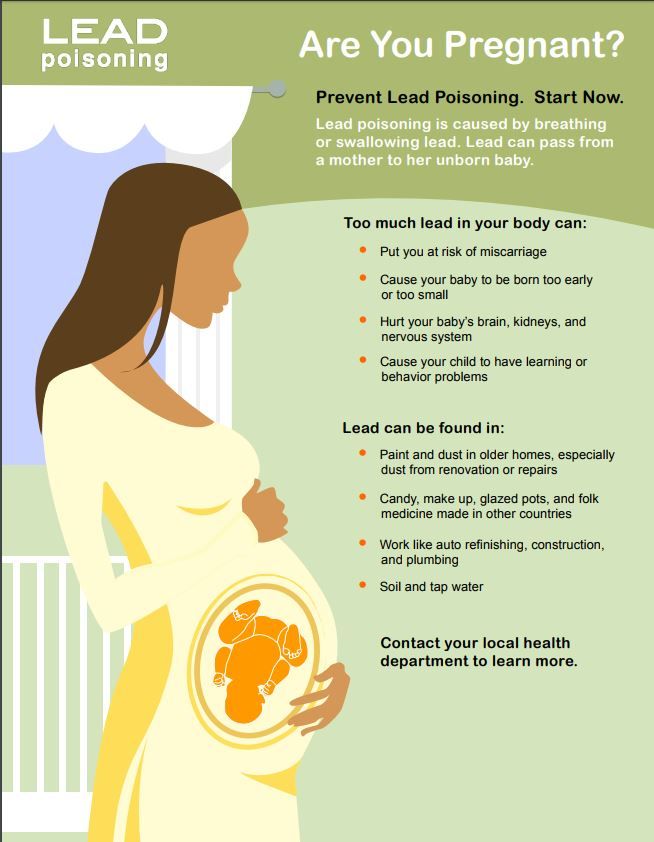 In many cases, a pregnant woman wishes, with her whim, unconsciously, and often consciously, to attract the attention of her husband or loved ones, being sure that what she wants will be brought to her on a plate.
In many cases, a pregnant woman wishes, with her whim, unconsciously, and often consciously, to attract the attention of her husband or loved ones, being sure that what she wants will be brought to her on a plate.
One of the main culprits of changes in eating habits in pregnant women, up to a perversion of taste, is anemia of pregnancy. Most often, iron deficiency anemia develops due to a lack of iron, folic acid and vitamin B12.
Taste preferences manifest as a desire to eat ice or clay. Treatment of anemia consists in the appointment of iron-containing drugs, vitamins (group B, folic acid, vitamin C). In the diet of a pregnant woman, foods with a high iron content (liver, eggs, cottage cheese, beef, fish, buckwheat) should prevail.
As scientists explain, the categorical refusal to use some previously consumed products is associated with a protective reaction of the body. The mother's body tries to prevent the effects of toxins on the fetus. As already mentioned, an aversion to certain products occurs in the first trimester of pregnancy, when the main organs and systems of the child are laid.
This may also explain the reluctance to eat bitter foods (pepper, spices). Like all mammals, already at the level of instincts, the body regards all bitter substances as poisons (which is really true, attractive-looking, for example, wolfberries are not only dangerous, but also have pronounced bitterness).
What should a pregnant woman do if there is a complete or partial loss of taste? Most importantly, you need to seek help from a doctor. Even the slightest change in the ability to perceive the taste of products, which occurs suddenly, or a rapidly developing taste perversion is the first sign that you need to seek help from your obstetrician-gynecologist and receive qualified medical care, possibly with the participation of other specialists. Only after the exact cause of such a phenomenon is established, a course of treatment is prescribed.
Remember that self-treatment can be hazardous to your health! Consult with your experts! Be healthy!
Expectant mothers' taste preferences have long been the subject of jokes.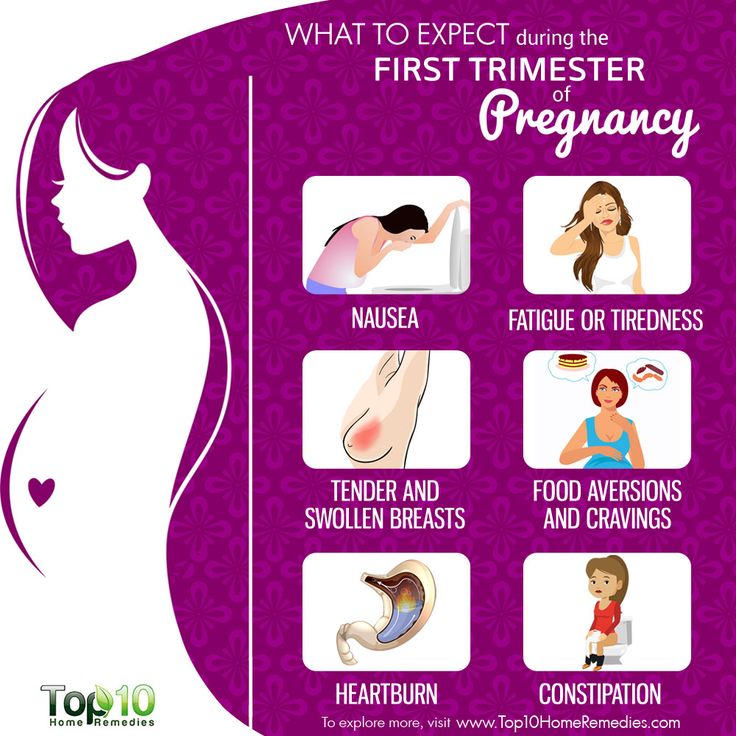 However, when a pregnant woman wants something to tears, it is difficult to refuse her. Often mommy is drawn to sour. Why do women like sour during pregnancy so much and what does this addiction mean?
However, when a pregnant woman wants something to tears, it is difficult to refuse her. Often mommy is drawn to sour. Why do women like sour during pregnancy so much and what does this addiction mean?
Do you want sour during pregnancy? This is the body's need!
The body of a woman expecting a baby tells herself what exactly she needs. Most often, you want sour during pregnancy in the first trimester, when most women suffer from toxicosis.
Nausea is common in toxicosis. It occurs due to the fact that the production of gastric juice slows down, digestive enzymes are produced less actively. And sour food provokes the release of gastric secretion and starts the work of digestive enzymes. At the same time, nausea weakens, vomiting stops.
Calcium and iron: proper assimilation
The first trimester of pregnancy is the time when the baby's skeleton is formed and its teeth are laid. In the mother's stomach, the presence of acid is necessary so that calcium and its compounds are normally absorbed by the body. Yes, and vitamin C, which is found in acidic foods, is a good partner for calcium, which helps the trace element to be absorbed. However, some types of acids (oxalic, inositol-phosphoric), on the contrary, do not allow calcium to be absorbed.
Iron is an important microelement in the body of any person, and how expectant mothers suffer from its deficiency! Without iron, the level of hemoglobin drops, which means that the blood of two organisms at once (maternal and fetus) lacks oxygen. This threatens the baby with anemia, and the mother feels constant weakness, dizziness and may faint. Vitamin C helps with iron absorption.
Vitamin C - a little guardian of the body's defense
Acidic food is a source of vitamin C. And it is very important for maintaining the mother's immunity and the formation of connective tissue cells, skin and the baby's cardiovascular system.
Where is a lot of vitamin C?
In products such as:
Rosehip;
Currant;
Lemons and other citrus fruits;
Apples, etc.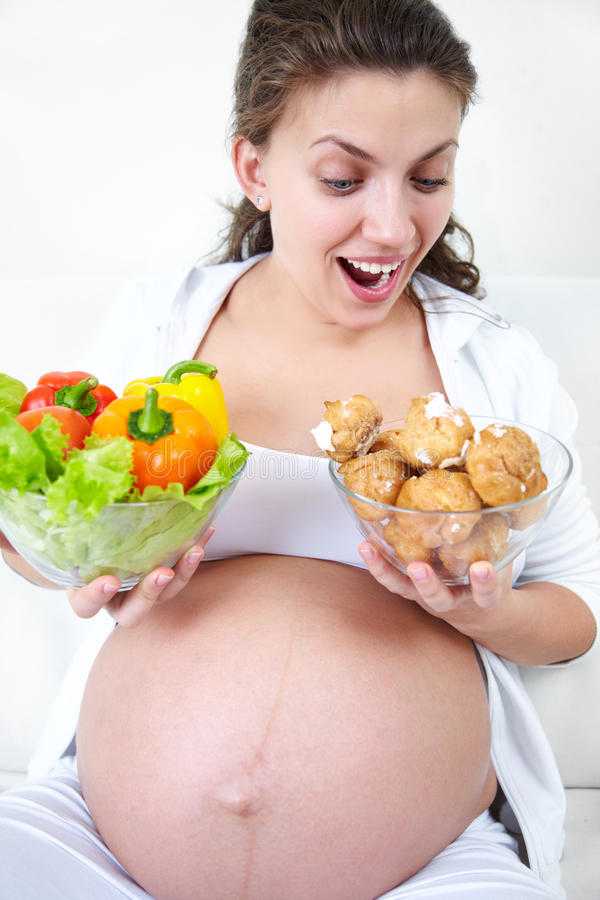
In addition, it has been proven that vitamin C protects pregnant women from nervous stress and depression, relieves constipation, improves digestion and reduces uterine tone.
The feeling of hunger in the early stages haunts many mothers. On the one hand, this is logical, because a small life grows inside, which needs strength. On the other hand, mommy also gets tired of sometimes just an animal appetite that haunts her day and night. What to do so that hunger during early pregnancy does not lead to problems in the later stages? It is worth finding out the reasons for its appearance.
Read this article
Causes of increased appetite
It should be noted right away that it is impossible to let the problem take its course. After all, extra pounds is a direct path to varicose veins, back pain, a large fetus, respectively, difficult childbirth and others. Doctors call the following reasons that provoke a constant feeling of hunger:
| Cause | Why is this happening |
| Hormonal changes in the body | It is mainly due to this factor that mommy wants to eat a lot and often, and also those foods that she would hardly have combined with each other before pregnancy. |
| Psychological attitude | Caring grandmothers, mothers and friends tell a young girl that now she must eat for two. And under the influence of such provocateurs, she begins to “pamper” herself with sweets, not being afraid to gain extra pounds. Gynecologists confirm the fact that a mother needs more calories than before pregnancy, because the body developing inside her needs nutrients for growth and development. However, the dose should be increased by only 300 cal, and not by a couple of extra pounds. |
| Depression | Usually this condition is characterized by a lack of such an important substance as serotonin or the hormone of joy. Being in a depressed state (especially during a “spontaneous” pregnancy, with problems with the future dad and at work), mom tries to replace the missing emotions with food. Many women have noticed the same behavior behind themselves in everyday life, when any sadness wants to eat something tasty or just chew something so as not to be so nervous.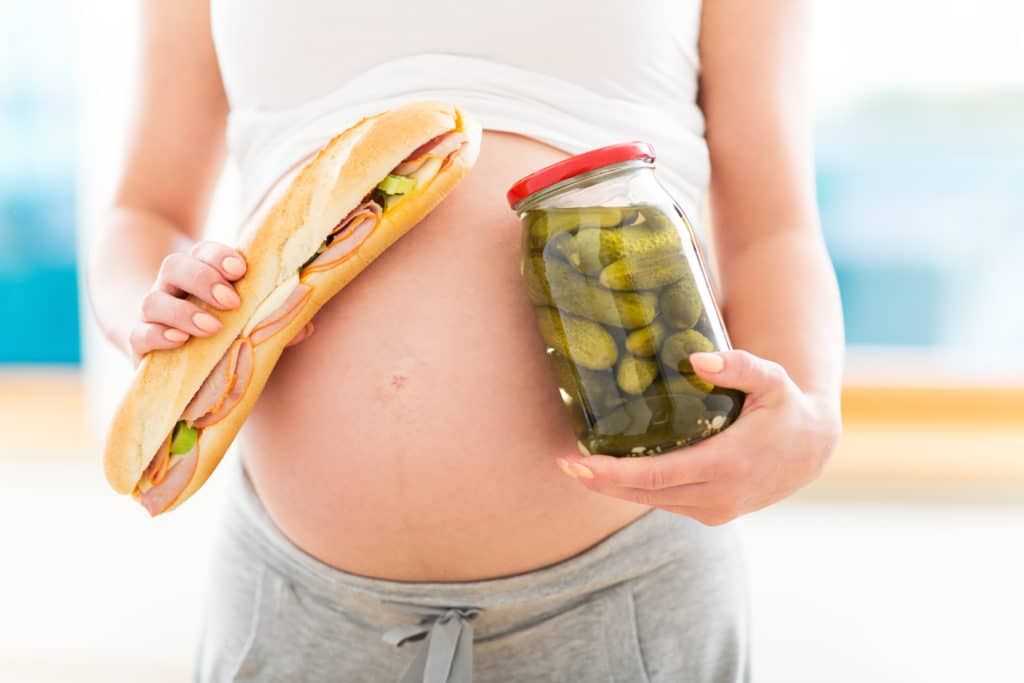 |
The fact that there is a strong feeling of hunger during early pregnancy is not a problem in itself. This is a normal reaction of the body.
However, if measures are not taken in a timely manner, it will be very difficult in the future to return to normal form and not suffer from the “side effects” of overeating.
It is worth noting that some girls were so frivolous about their appetite, absorbing everything indiscriminately and without restrictions, that they managed to gain up to 40-50 kilograms by the end of pregnancy. And to prevent this from happening, it is necessary to follow some rules for the normalization of the diet.
Watch the video about the nutrition of a pregnant woman:
Pathologies that provoke an increase in appetite
The reasons for regular visits to the refrigerator are not always so clear. Such diseases can also provoke a constant desire to eat:
- diabetes mellitus;
- gastric ulcer, gastritis;
- hyperthyroidism.

If a mother-to-be knows that she has problems in these areas, she should definitely tell her gynecologist about it.
Ideally, before conception, it is necessary to take care of yourself and treat existing diseases. But pregnancy can be unplanned, and in chronic forms it is not always possible to foresee this. To exclude possible pathologies, the doctor will offer to take tests, and then adjust the treatment and talk about the rules of nutrition.
Basic rules for the nutrition of a young mother
In order not to turn into a baby elephant by the end of pregnancy, you should follow these simple nutritional recommendations:
- If there is constant hunger in early pregnancy, not associated with diseases, you can satisfy it with the help of healthy foods (dried fruits, biscuit or cereal cookies, muesli).
- You can eat as often as you like, as long as there are limits on portion sizes. For example, no more than three to five spoons or a serving the size of a fist.
 And to make it psychologically easier, you should take dessert plates for a snack. On them, small portions will not look as dull as on large plates.
And to make it psychologically easier, you should take dessert plates for a snack. On them, small portions will not look as dull as on large plates. - Grain bread will provide fewer calories than white bread. You can also eat bread.
- In the eternal bustle, ladies often forget about the simplest thing - about water. Far from always, the expectant mother really wants to eat, she may be tormented by thirst. To reduce the amount of food consumed, as well as avoid dehydration, it is recommended to stay hydrated and drink one glass of fluid before meals.
- Sour foods - provocateurs of hunger. They irritate the walls of the stomach, which provokes the desire to eat something else.
- Fruits are best friends. They will not only saturate the body with useful vitamins and microelements, which is so important for mother and child, but also help fill the stomach with fiber, which is low in calories.
- Meat will help you stay full longer. Yes, it is difficult to eat enough fruits or cereals alone.
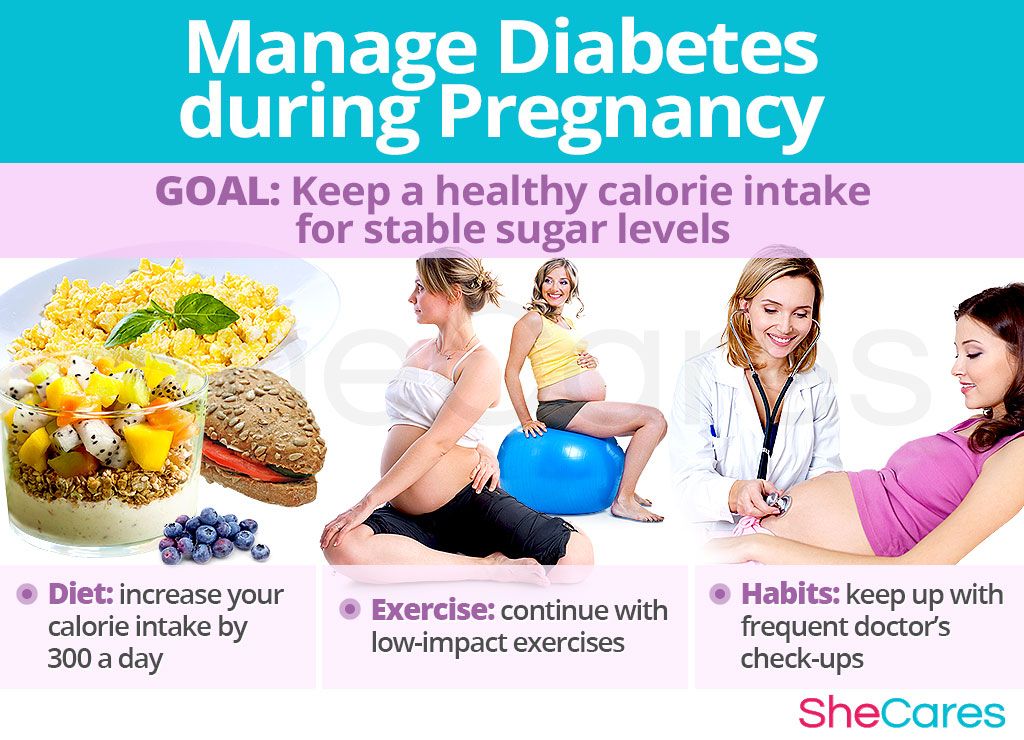 The natural protein found in meat allows you to quickly feel full and stay away from the refrigerator for longer. However, it is worth remembering that against the background of the same unstable hormonal background, other problems with the gastrointestinal tract may occur. Therefore, meat products are best consumed in boiled and steamed form.
The natural protein found in meat allows you to quickly feel full and stay away from the refrigerator for longer. However, it is worth remembering that against the background of the same unstable hormonal background, other problems with the gastrointestinal tract may occur. Therefore, meat products are best consumed in boiled and steamed form. - Dairy products, cheeses will help saturate the body with calcium. Thanks to this, in the future it will be possible to avoid problems with brittle hair, nails, crumbling teeth. Hard cheese is the perfect snack food.
- The rate of absorption of food is also of great importance. Scientists have long proven that only a calm, measured meal will help you eat without overeating. After all, the feeling of fullness comes after 20 minutes from the start of a meal. Therefore, lovers of eating on the go or in 5 minutes should reconsider their habits. To prolong the process, you can make it a real art: beautifully set the table, carve figures from unloved fruits, look out the window and enjoy the views.
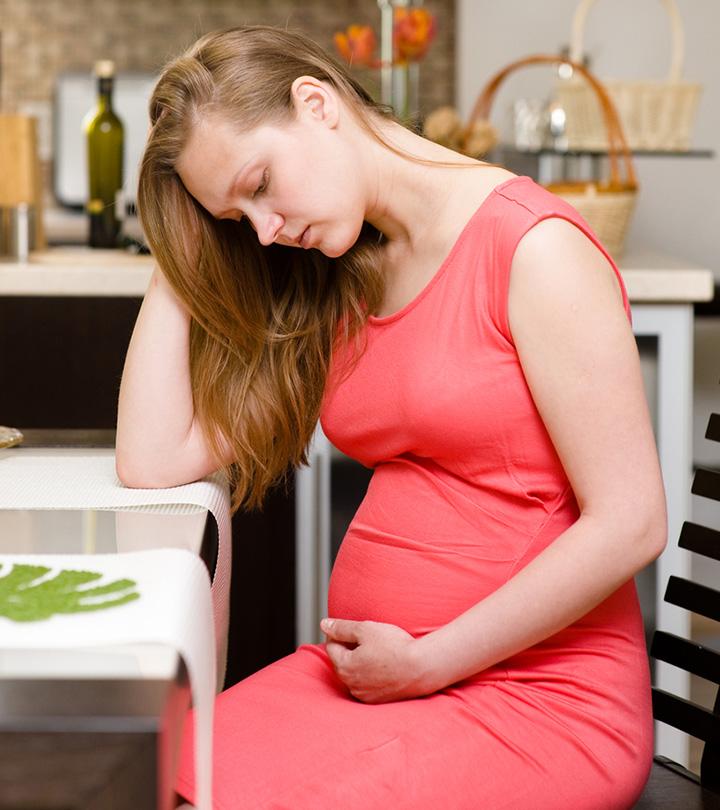
Some nutritionists also advise eating naked in front of a mirror. Usually such a sight discourages the desire to overeat, even with an ideal figure.
- Bananas, mangoes, fish and legumes are foods rich in tryptophan. They are recommended to eat before going to bed in order to calmly relax and not be interrupted by nighttime snacks.
- I feel bad - I'll go eat. This is the motto of many women, not only in an "interesting" position. However, the habit should also be abandoned. Of course, the expectant mother is frustrated and causes an excessive storm of emotions by many factors that she would not have paid attention to without her frisky hormones, but you need to control yourself.
- Hunger is a symptom of boredom. Quite often, in the early stages, various unforeseen pathologies arise up to the threat of a breakdown. To avoid losing the baby, the doctors put the mother in the hospital. And there is absolutely nothing to do there, except to drink tea with delicious cookies or sweets, carefully brought by relatives and husband.

A sedentary lifestyle will further contribute to weight gain. It is better to find another activity for yourself (books, magazines, embroidery, etc.), and also do not forget about hiking if you feel good. After all, pregnancy in itself is not a disease, light physical activity, provided you feel good, will only benefit.
Do not forget that doctors have long developed recommendations for optimal weight gain. So, girls who were too thin before pregnancy can gain 12 - 18 kg. For those who have a normal weight, it is recommended not to cross the bar with indicators of 11 - 16 kg. For obese girls, the optimal increase would be from 7 to 11 kg, but for those who fall into the “obese” category, you will have to keep within 5-9 kg. Proper nutrition will allow you to keep yourself at a normal weight and control your appetite without harming yourself.
What to eat is undesirable
There is a certain list of products that doctors do not recommend to absolutely healthy people who are not in an "interesting" position. As for mothers, they are completely forbidden for them. These include:
As for mothers, they are completely forbidden for them. These include:
- smoked meats, especially from the store;
- pickles, which retain fluid in the body and lead to swelling;
- marinades, condiments;
- hot sauces, especially in the presence of problems with the gastrointestinal tract;
- fast food products;
- carbonated drinks, spirits and coffee;
- crackers, chips and other delights with a large amount of chemical additives and salt;
- confectionery, pastries, which will very quickly show their presence in the body by deposition on the sides.
Healthy foods include seafood and citrus fruits. However, during pregnancy, they should be approached with extreme caution, since an allergy can be provoked, even if it has not been observed before that time.
Feeling constantly hungry is often quite normal in early pregnancy. Moms noted that it passes by 10-12 weeks. If you eat right and choose foods for snacks, then problems with excessive weight gain can be avoided.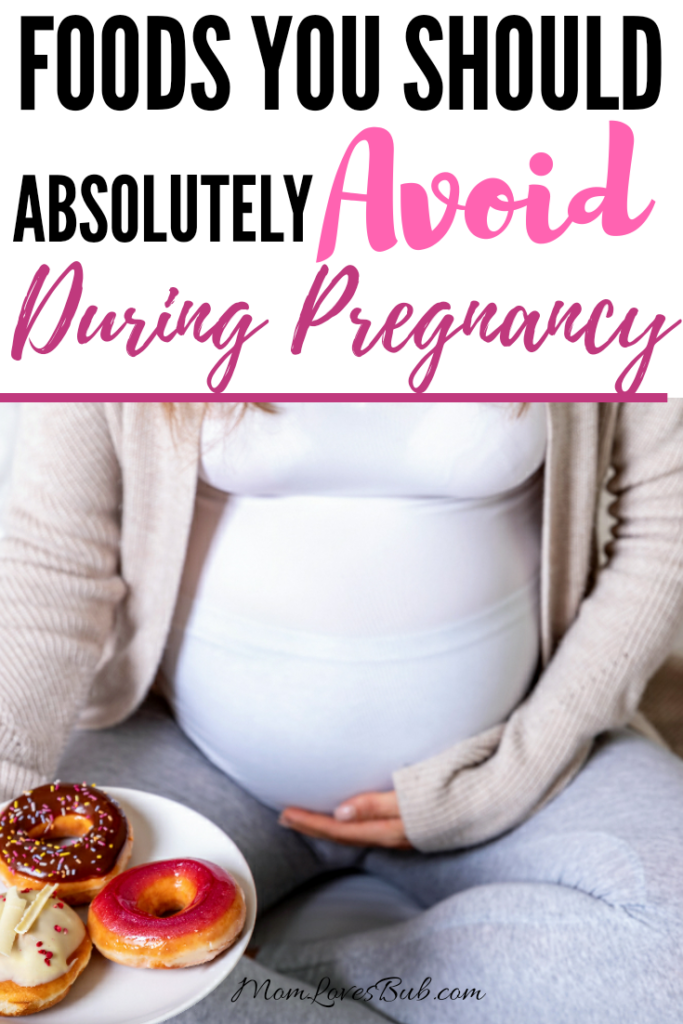 And following the doctor's recommendations will allow you to survive the happy nine months of waiting without incident, preparing your body for an easy birth.
And following the doctor's recommendations will allow you to survive the happy nine months of waiting without incident, preparing your body for an easy birth.
Pregnancy is a time of new sensations and various complaints. Expectant mothers may notice drowsiness or irritability, pain in the head and lower back, changes in taste or nausea, weight gain. Sometimes they notice that more and more often there is a desire to drink plenty of fluids. Is extreme thirst related to pregnancy?
Thirst
Moderate or severe thirst is not a sign of pregnancy, although it occurs quite often during this period. Usually, the desire to drink a lot occurs even in the early stages, in the first or second trimester, and is more often noted during the day. However, nocturnal thirst also occurs. In the third trimester, the appearance of such a symptom along with edema is often noted.
The causes of this condition can be both physiological and pathological. However, the appearance of such a complaint should alert the expectant mother.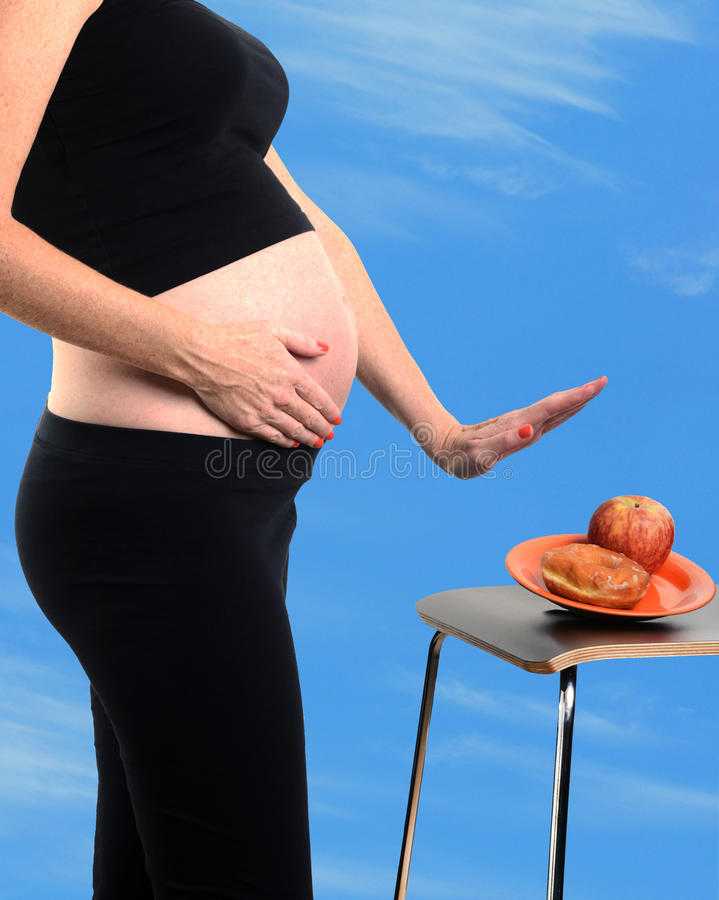 It is best in this situation not to postpone the consultation of the attending physician.
It is best in this situation not to postpone the consultation of the attending physician.
If a strong thirst develops abruptly, in the midst of full health and it is almost impossible to quench it, a trip to a specialist should be immediate.
Physiological causes
Bearing a child is impossible without a complete hormonal restructuring of the female body. The volume of substances changes, blood flow increases, the rate of chemical reactions increases.
The expectant mother must ensure not only the normal functioning of her body, but also the growth of the fetus. All this requires additional fluid intake into the body and is manifested by the desire to drink a lot.
Physiological causes of thirst during pregnancy include:
- Changes in metabolism. Water is the basis of all chemical reactions. If their number or speed increases, then the need for fluid also increases.
- Change in blood flow, which entails an increase in fluid volume.
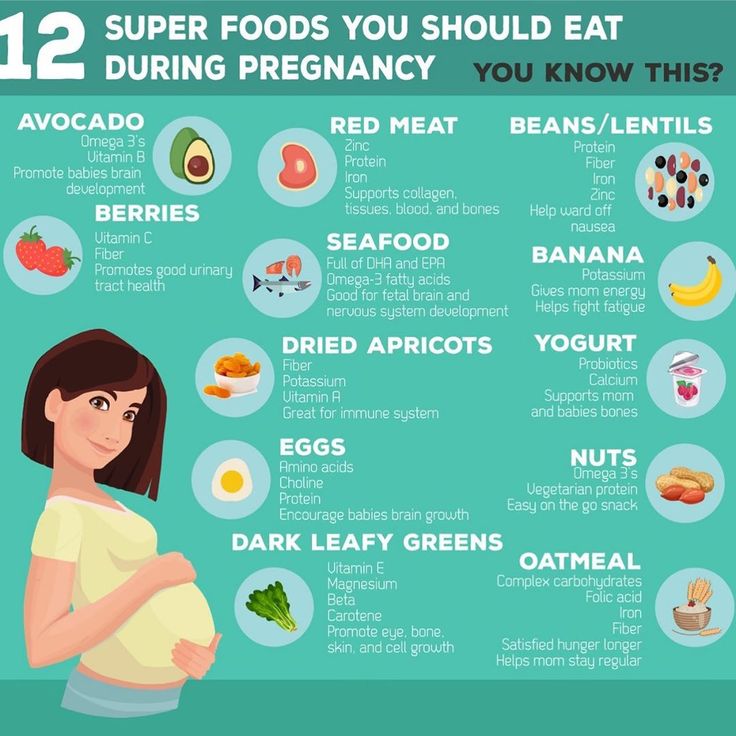
- The appearance of amniotic fluid. This leads to additional fluid consumption and the appearance of thirst, especially in the second and third trimesters. The desire to drink can become strong if the volume of amniotic fluid increases sharply or there is polyhydramnios.
- Intensive work of the kidneys. Since the excretory system of a woman has to work for two, all processes in them happen faster. This explains the more frequent desire to drink.
- Change in diet. Expectant mothers often note the need for spicy, sweet or salty foods. After such dishes, thirst will intensify, sometimes quite strongly.
If the desire to drink is due to physiological reasons, there is no need to be afraid of it. However, only the attending physician can determine the nature of thirst after certain tests.
Pathological causes
Although most often thirst during pregnancy is a natural phenomenon and can be easily corrected by changing the diet or drinking regimen, sometimes it can become a symptom of a dangerous disease.
The most common pathological causes of thirst during childbearing are:
- Diabetes mellitus.
- Toxicosis.
- Preeclampsia.
- Concomitant diseases.
Pathological thirst cannot be ignored. It can be suspected when you want to drink all the time and the inability to satisfy this desire with any drinks. This condition requires a complete examination and high-quality treatment, since its outcomes can be too serious.
Diabetes mellitus
Diabetes mellitus, or DM, may develop before conception or only during pregnancy. In the second case, it is called gestational and, with appropriate treatment after childbirth, safely disappears.
If a woman has not previously had any changes in blood sugar levels, then a sudden feeling of intense thirst may be a sign of onset gestational diabetes. In addition to the desire to drink, the expectant mother may also notice other symptoms:
- Very frequent urination, or polyuria.
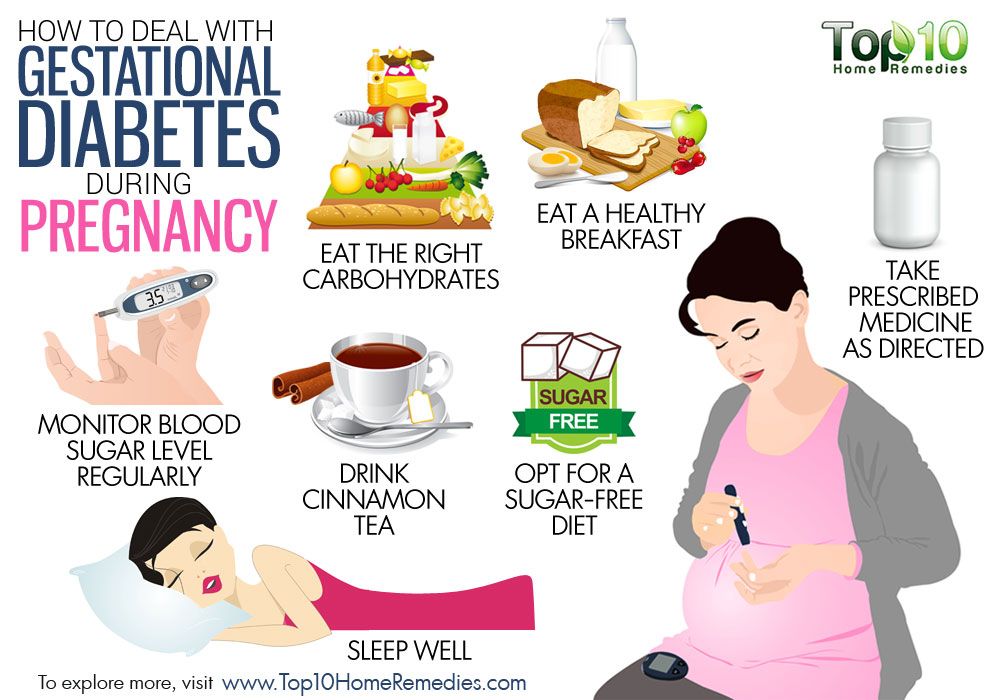 Sometimes this symptom is called diabetes, so often you have to go to the toilet.
Sometimes this symptom is called diabetes, so often you have to go to the toilet. - Increased appetite, or, conversely, its absence.
- Weight loss.
- Dry skin.
- Nausea and vomiting.
The combination of these signs with the first appearance of intense thirst indicates the development of gestational diabetes and requires an immediate determination of blood glucose.
If a woman had diabetes before pregnancy, then a pronounced desire to drink is associated with decompensation of this disease. This can happen during the gestation period, as sugar levels and stress on the body change significantly. But as a rule, people with a long history of diabetes know the warning signs, and if they are constantly thirsty, they go to the doctor in time.
Toxicosis
Early toxicosis is often accompanied by vomiting. It can be single or - which happens more often - multiple times during the day. This condition can easily lead to dehydration, especially during the hot season.
With severe vomiting, the expectant mother will experience constant intense thirst. If you can’t cope with toxicosis and dehydration on your own, the woman will need treatment in a hospital - intravenous drip fluid.
Increasing thirst against the background of vomiting is a dangerous sign.
Preeclampsia
In the second half of pregnancy, preeclampsia may await the expectant mother. More often it is noted in the later stages, in the third trimester. Like toxicosis, it is a specific complication during the bearing of a baby.
In this case, first of all, women begin to complain about the appearance of edema. However, they in no way indicate an excess of fluid intake. On the contrary, it is a symptom of impaired kidney function, due to which water does not linger in the vascular bed, but accumulates in the surrounding tissues. She practically does not participate in the exchange. That is why, despite the growing swelling, the expectant mother will constantly be thirsty.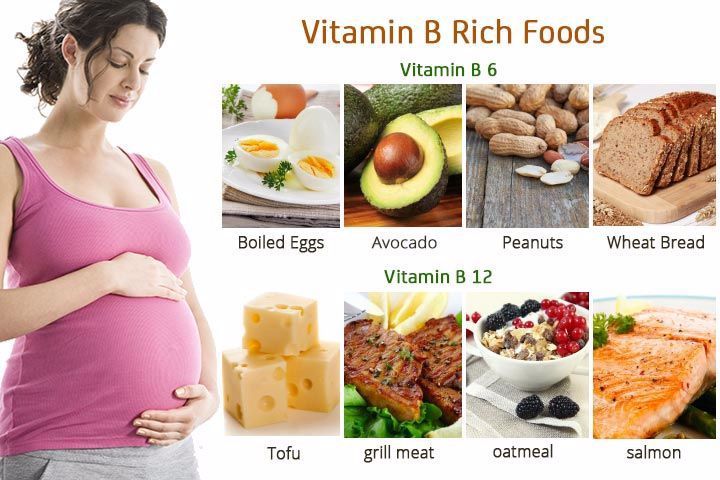 And it is impossible to limit the flow of fluid in such a situation.
And it is impossible to limit the flow of fluid in such a situation.
Comorbidities
During pregnancy, the defenses are reduced, and various diseases begin to attack the female body. Most often it is SARS, colds, pathologies of the respiratory system - pharyngitis, tonsillitis and bronchitis.
These diseases are often accompanied by an increase in body temperature, which causes thirst. Also, the desire to drink arises from the emerging dryness of the mucous membranes.
The more liquid is ingested during illness, the faster the expectant mother will cope with it. Therefore, a wise organism reacts to the pathological process with increasing thirst.
To distinguish a pathological desire to drink from a physiological one, a doctor's consultation and a certain examination are necessary.
Diagnostics
The doctor is already able to suspect the true cause of thirst during the interview and examination. However, there are a number of tests that are required when this symptom appears. First of all, these are:
First of all, these are:
- Blood glucose to exclude or confirm diabetes mellitus.
- Urinalysis. It allows you to determine the protein that appears there only with preeclampsia.
- Complete blood count. Its changes indicate an inflammatory process.
- Biochemical analysis of blood. This is a set of indicators that help to evaluate the work of the liver and kidneys, markers of inflammation, protein composition of the blood.
Other tests, such as ultrasound, may be ordered if necessary.
Treatment
It is impossible to get rid of pathological thirst without treatment of the underlying disease. And therapy in each case will be different:
- Insulin for diabetes.
- Saline solutions for dehydration.
- Protein preparations for preeclampsia.
- Anti-inflammatory or antibacterial drugs for comorbidities.
However, it is equally important to observe the correct drinking regimen.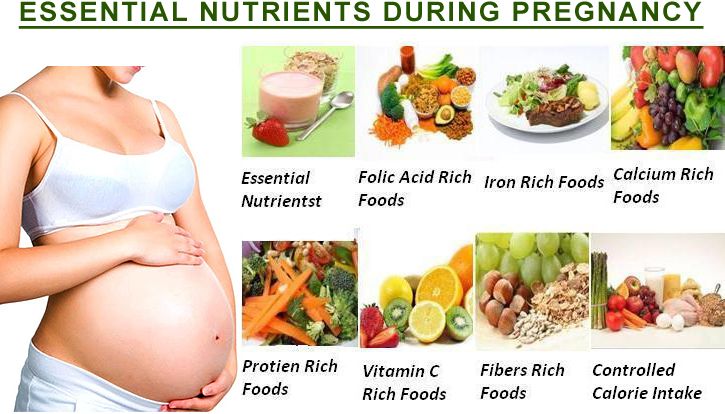 And in the case of physiological thirst, this is the only treatment option.
And in the case of physiological thirst, this is the only treatment option.
Drinking mode
During childbearing, not all drinks are useful. Some are strictly not recommended for quenching thirst. Pregnant women can drink:
- table water.
- weak green tea.
- compotes.
- fruit drinks.
- fresh juices.
- herbal teas (allowed during pregnancy).
Sugary sparkling water of all flavors and varieties, energy drinks, tonics, strong black tea, coffee are prohibited.
Thirst during pregnancy may be common. But in order not to miss a dangerous disease, you must definitely inform your doctor about it.
During pregnancy, even the sight of your favorite treats becomes unbearable, and there is an addiction to foods that you didn’t like at all before.
Taste quirks during pregnancy can be very diverse: the desire to eat everything indiscriminately, mix incompatible foods, or, conversely, rejection of any food.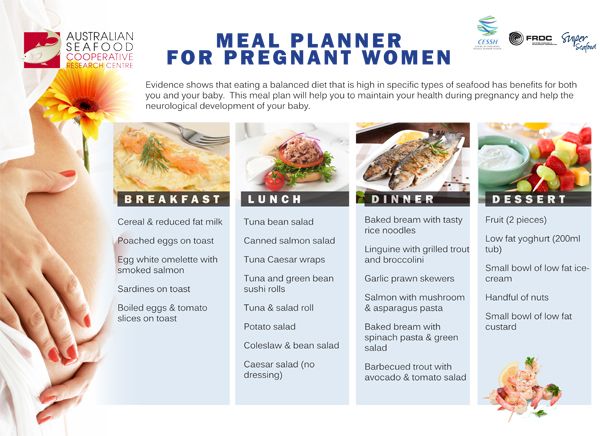
Everyone knows that pregnant women are often “drawn to pickles”, and if a woman is suddenly seen eating pickles, this will certainly raise questions about her possible “interesting position”. In addition, there are a lot of stories, even jokes, when in the middle of the night the expectant mother has a desire to eat something exotic, such as strawberries or peaches in a frosty winter. Often, pregnant women have completely strange needs: to eat sand, chew clay, chew on chalk, etc. And it happens that, on the contrary, a previously beloved product or drink can begin to disgust even at the thought of it. The attitude to smells also changes: favorite perfumes provoke bouts of dizziness, and “kitchen” aromas can even cause expectant mothers to feel sick and even vomit. 9 Hormonal changes in the body of a pregnant woman, namely the effect of progesterone.
Progesterone is the main hormone of pregnancy, its influence is especially pronounced in the first months of expecting a child.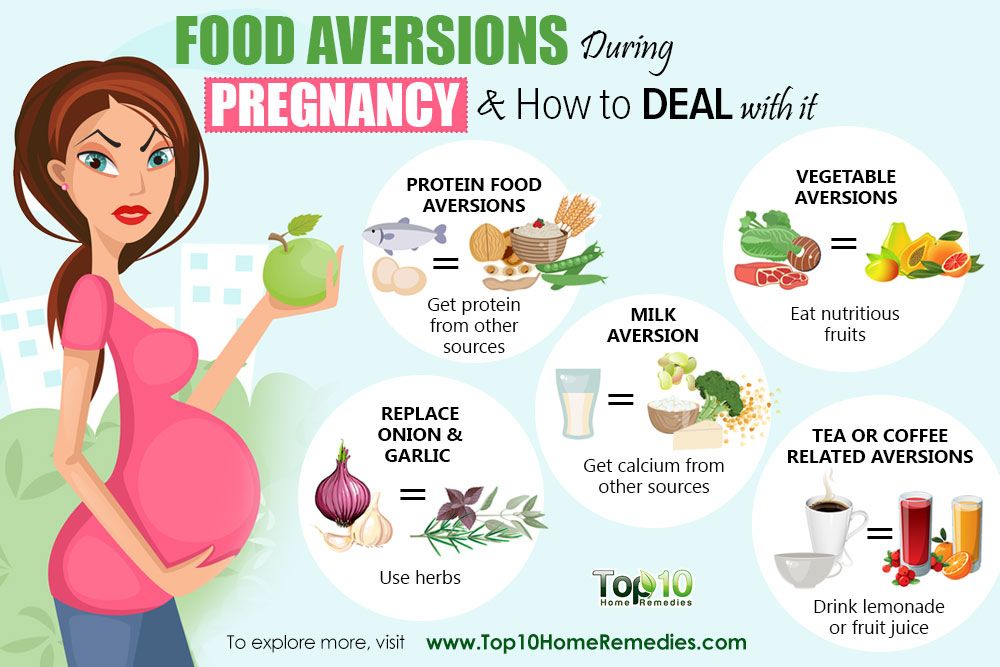 During this period, progesterone is produced by a special structure of the ovary, called the "yellow body", and after 16 weeks of pregnancy, the function of progesterone production is taken over by the placenta, which is fully formed by this time.
During this period, progesterone is produced by a special structure of the ovary, called the "yellow body", and after 16 weeks of pregnancy, the function of progesterone production is taken over by the placenta, which is fully formed by this time.
Under the influence of progesterone, successful implantation occurs (attachment and introduction of a fertilized egg into the uterine wall), the muscular structures of the uterus are maintained in a relaxed state, and this prevents the development of the threat of abortion. In addition, progesterone affects the preparation of the mammary glands and the formation of lactation.
In addition to a direct effect on the organs of the reproductive system, progesterone has a pronounced effect on the body as a whole.
The fact is that certain transformations are taking place in the body of the future mother, aimed at supporting the course of pregnancy and creating the most favorable conditions for the development of the unborn baby. Progesterone plays a leading role in these processes, and under its influence, a special accumulation of sensitive cells is formed in the brain, which is called the “pregnancy dominant”. This nerve center regulates the work of all organs and systems in such a way as to protect the unborn baby from various negative influences.
Progesterone plays a leading role in these processes, and under its influence, a special accumulation of sensitive cells is formed in the brain, which is called the “pregnancy dominant”. This nerve center regulates the work of all organs and systems in such a way as to protect the unborn baby from various negative influences.
It is due to the work of the "dominant of pregnancy" that many expectant mothers develop various taste quirks.
Protective reaction. A change in taste preferences is also a protective reaction aimed at protecting the body from harmful substances and, conversely, stimulating the intake of useful ones. It is this protective property that explains the appearance of disgust, for example, to coffee, various spices. After all, these products can lead to the development of a threatened abortion. Therefore, the “dominant of pregnancy” works to rid the body of these unwanted products.
If something is missing…
Many expectant mothers experience an irresistible craving for sweets, muffins and chocolate.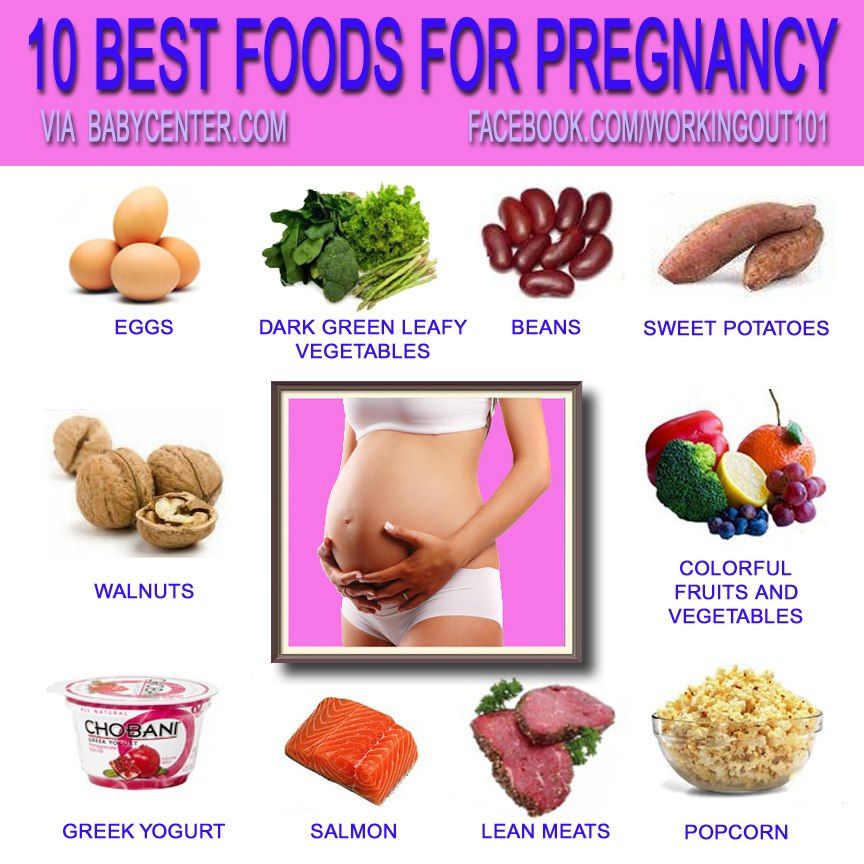 This is due to the fact that a pregnant woman needs more than energy , which means more than calories , which are just a lot in various sweets.
This is due to the fact that a pregnant woman needs more than energy , which means more than calories , which are just a lot in various sweets.
And the well-known craving for salty foods is explained by the fact that the body needs to compensate for the lack of minerals, in particular - sodium , an additional amount of which is necessary for the expectant mother, since with the progression of pregnancy, the volume of blood increases and, accordingly, the balance of fluid and mineral components changes.
Increased need for vitamins and minerals is also one of the main explanations for taste quirks during pregnancy. The development of a new life in the body requires an increased intake of many vitamins and minerals. This may explain the desire of the expectant mother to eat strawberries, oranges and other fruits. After all, they are an excellent source of a wide variety of vitamins. Such a desire occurs most often in the evening and at night, because it is during these hours that the work of that part of the nervous system, where the “dominant of pregnancy” is located, occurs most intensively.
Thus, in the first months of pregnancy, "food intuition" is formed. The body is trying to cover the new needs for nutrients, vitamins and trace elements, and outwardly this is manifested by such taste quirks.
Sometimes there are paradoxical, inexplicable changes in taste perception. For example, expectant mothers often develop a metallic taste in their mouths, which is often explained by a decrease in the amount of iron ions in the body. This can lead to anemia - a decrease in hemoglobin in the blood (iron is part of hemoglobin and is the most important functional component of this compound). Anemia leads to a deterioration in the blood supply to the organs and tissues of both the fetus and the mother, and if it is not treated, there is a threat of chronic hypoxia or bleeding. It would seem that at this stage the “dominant of pregnancy” should turn on - so that the woman has a desire to eat something enriched with iron: apples, boiled red meat, pomegranates. But here's the oddity: just the opposite - the expectant mother is disgusted with them. This phenomenon has not yet been scientifically explained. Such "whims" of the body should be compensated by taking specially designed vitamin and mineral complexes for expectant mothers. In them, the amount of vitamins and mineral components is selected in such a way that pregnant women do not experience a lack of nutrients.
This phenomenon has not yet been scientifically explained. Such "whims" of the body should be compensated by taking specially designed vitamin and mineral complexes for expectant mothers. In them, the amount of vitamins and mineral components is selected in such a way that pregnant women do not experience a lack of nutrients.
Psychological causes . Sometimes taste quirks during pregnancy do not have a special physiological basis, but occur for a number of psychological reasons. It is known that expectant mothers, in addition to physiological restructuring, also undergo psychological changes, and special eating habits can be their manifestation. Pregnancy, even the most desirable one, is in any case a stress associated with a change in lifestyle and worldview. Not all pregnant women can easily cope with such changes, and therefore some develop irritability, tearfulness, and a need for increased attention. Indeed, during this period, a woman needs special care from others, and a change in taste preferences is one of the ways to get this increased attention.
In fact, it is rare that the quirks of the taste of future mothers are due to only one of the above reasons. Most often they appear as a result of the influence of a complex of physiological and psychological processes occurring in the body of pregnant women.
How to behave
In most cases, a sudden desire to eat something can be indulged - of course, if we are talking about safe foods. For example, if you want chocolate, you can eat a small piece. The limitation applies only to quantity. If you want to eat a kilogram of strawberries or a bar of chocolate, you should limit yourself, as excessive consumption of these products can provoke the development of an allergic reaction. Excessive salt intake will lead to thirst, a change in water-salt metabolism. And the use of a large amount of muffins and sweets will contribute to unwanted weight gain.
Some expectant mothers sometimes have a desire to drink beer, try various delicacies saturated with artificial colors and flavors.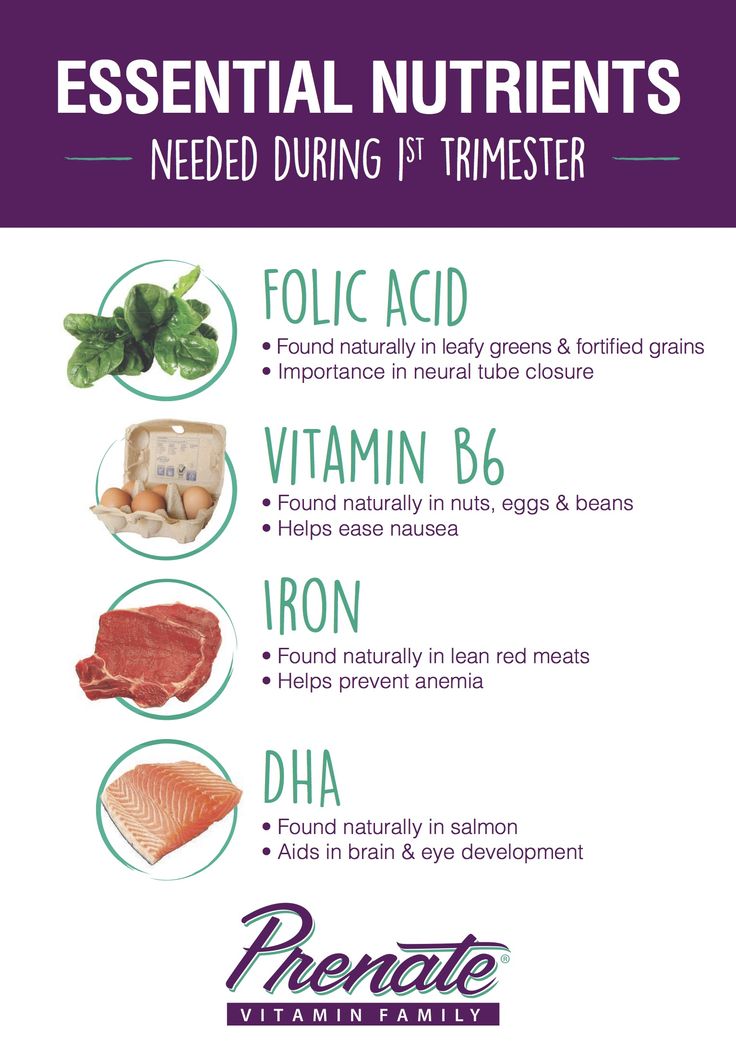 Everyone knows that both alcohol and artificial food additives can harm the full development of the fetus, so if such desires arise, you should try to replace these products with something else. For example, beer - on black or brown bread, chewing gum - on fragrant fruits.
Everyone knows that both alcohol and artificial food additives can harm the full development of the fetus, so if such desires arise, you should try to replace these products with something else. For example, beer - on black or brown bread, chewing gum - on fragrant fruits.
When to see a doctor?
If taste quirks begin to interfere with your normal rhythm of life, thoughts about food do not leave you alone, or if you have a persistent desire to try something absolutely unhealthy, you should contact your doctor.
It happens that pregnant women want to try something inedible: chalk, clay, damp earth, iron, etc. Such desires can be a sign of a lack of certain minerals, such as calcium and iron. In this case, the doctor will prescribe additional tests for the content of trace elements in the blood and, if necessary, recommend taking additional trace elements.
And in conclusion, I would like to say: in order to minimize the troubles associated with a change in taste preferences, you should make your menu varied and attractive in appearance, do not forget to indulge yourself in moderation with sweets or, conversely, pickles, and also take the vitamin recommended by your doctor.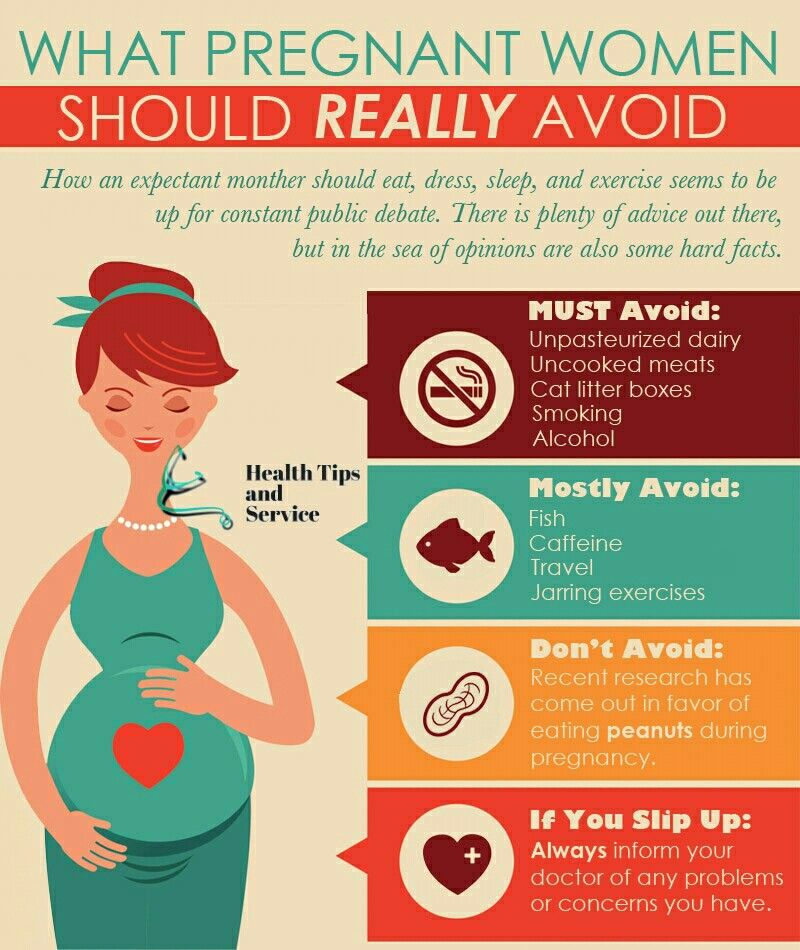 mineral complex for pregnant women.
mineral complex for pregnant women.
Why do you want meat during pregnancy? What is missing in the body?
Every woman has certain needs during pregnancy. And the husbands of such wives know firsthand what it is like to run around in the cold winter in search of fresh strawberries, juicy watermelons or peaches. Some ladies dream of smelling gasoline or paint. It turns out that craving for a certain product means only one thing - a lack of vitamins or trace elements.
Food habits of pregnant women
If a pregnant woman wants something special, then this does not surprise anyone. Some passionately desire to get immediately strawberries on a cold winter day, others want to eat herring with ketchup or milk, and some for some reason want raw meat. It's much easier to find certain foods now than it was 20 years ago. In January, you can easily find strawberries, and even herring is sold in any store, what can we say about a piece of meat.
But the unusual combination of foods that a pregnant woman dreams about sometimes just amazes people. Why do food oddities occur? Why do you want meat during pregnancy? And most importantly, what is the reason for such a strong thrust?
Why do food oddities occur? Why do you want meat during pregnancy? And most importantly, what is the reason for such a strong thrust?
Causes of "pregnant" whims
With the onset of pregnancy, the female body is rebuilt. At the very beginning, the pregnant woman suffers from a gag reflex and nausea, and scientists associate these manifestations with the occurrence of food cravings.
Experts say that the female body intensifies its work for the benefit of the fetus. That is why it gives signals to the brain that indicate certain needs. Doctors note the special effect of progesterone, which is the initiator of the inclusion of a "search engine". Your attending physician will be able to answer the question why you constantly want meat.
Sometimes food oddities can harm the health of the unborn child and the mother herself.
Why meat?
As mentioned above, any preference for a pregnant woman is due to the action of a hormone called progesterone. Its amount increases significantly after fertilization, it works like an antivirus that reads information and sends signals about the need to the brain. Thus, progesterone helps the body to get the missing trace element or vitamin.
Its amount increases significantly after fertilization, it works like an antivirus that reads information and sends signals about the need to the brain. Thus, progesterone helps the body to get the missing trace element or vitamin.
No need to worry about the emergence of a certain need and find out, for example, why you want meat. Doctors say that this product is simply necessary for pregnant women, because it saturates the body with protein and calcium, which the child needs so much. Every woman in an interesting position should think both about herself and about the future baby.
The Benefits of Protein Foods
Now it is useful to explain what the benefits of meat are. It is worth considering each type of this product separately, highlighting its advantages.
Thanks to meat products, the work of taste buds, the stomach and pancreas is activated, and appetite also increases. Meat is a product that contains large amounts of B vitamins that prevent stress.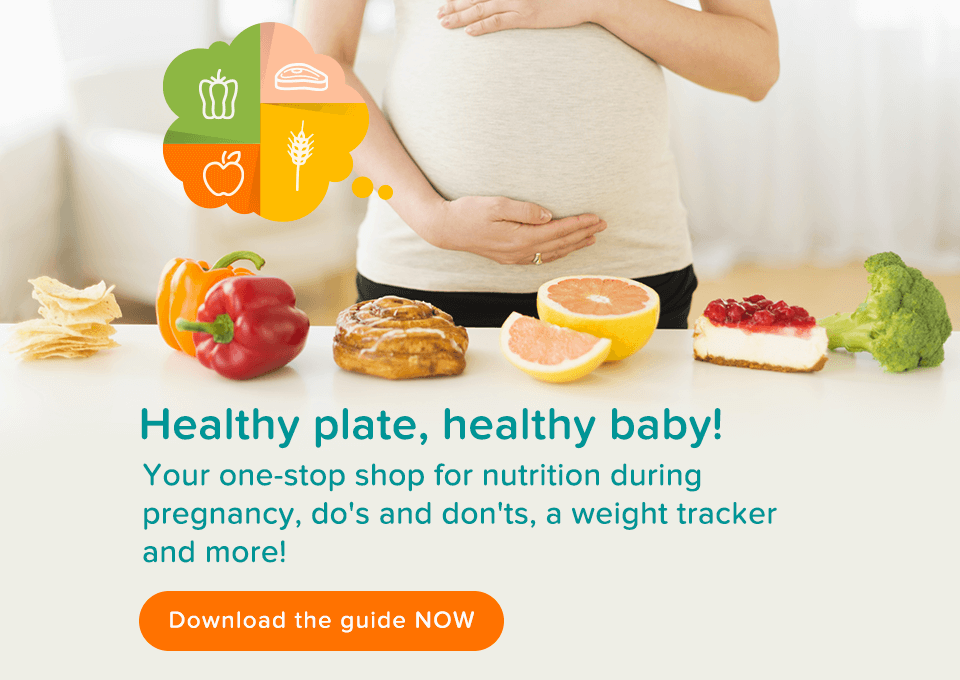 These vitamins contribute to the normalization of the metabolic process, help break down fats in the liver, strengthen hair follicles, give hair shine and radiance.
These vitamins contribute to the normalization of the metabolic process, help break down fats in the liver, strengthen hair follicles, give hair shine and radiance.
In order for the pregnancy to proceed asymptomatically and easily, it is necessary to consume this particular group of vitamins. In addition, meat is endowed with a large amount of phosphorus, calcium, sodium, sulfur, potassium, chlorine and magnesium.
Effect of meat on the child and expectant mother
If a pregnant woman wants meat, why not eat it? The most popular type is chicken meat. It contains the most protein, linoleic acid, and B vitamins. These microelements enhance immunity, normalize the functioning of the heart and stomach, and regulate blood cholesterol levels.
Duck meat and turkey are considered dietary products. They have a positive effect on the functioning of the brain, skin. These products contain a special acid that destroys cancer cells. The undoubted advantage is that when cooking such meat, you can not use salt, because sodium in the composition gives sourness.
Why do you want pork meat? It's quite simple, because it contains a phenomenal amount of vitamin B, iron and protein, which the body requires. But it is worth noting that this product is absorbed longer than the rest.
But mutton is easy to digest and rich in iodine, magnesium and iron. The body of a pregnant woman receives a double dose of these trace elements from one piece of lamb. In addition, lecithin lowers cholesterol levels, and lamb meat is rich in this substance. Why do pregnant women want lamb meat? The answer is simple: the body lacks iron.
How to cook?
Doctors and nutritionists agree that during pregnancy it is advisable to eat lean and fresh meat. You should not purchase and even more so cook a frozen product. Meat is best boiled, baked and stewed with vegetables.
It is worth noting that it is better to use meat without broth, as the liquid absorbs harmful substances during cooking. It is undesirable to eat fried meat, it can cause heartburn.
If you always want meat, why not just boil it. You can cook soup, but only when getting rid of the primary broth. It is enough to drain it after boiling. You also need to remember that meat can be infected, so proper heat treatment, exposure to high temperatures and long cooking are important. And this applies to any kind of presented product.
Why do you crave raw meat?
The cravings of pregnant women can be very unusual. Why do you want raw meat at this time? Here everything is clear as daylight - there is not enough iron in the body. Iron deficiency anemia occurs. Quite often there are cases of lack of hemoglobin in pregnant women - every third woman suffers from anemia in the second trimester. Hemoglobin is needed for the normal development of the fetus, and if it is not enough, then reserves are consumed, which are quickly depleted.
Anemia is the result of oxygen starvation, hormonal imbalance, which is typical for residents of large cities when a pregnant woman stays in a closed, unventilated room for a long time.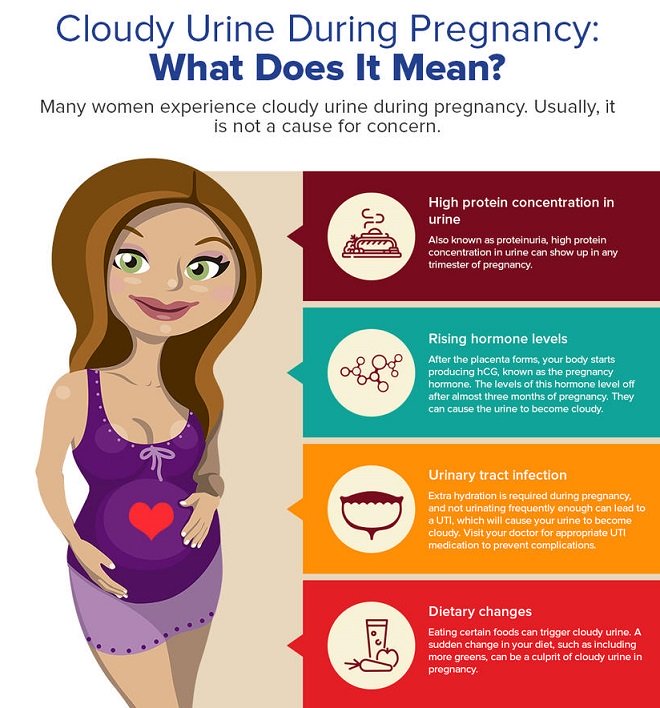 Often doctors have to deal with situations when a woman in position dreams of chalk, coal, whitewash or raw dough - these are obvious causes of the same anemia. With a lack of iron, the body perverts taste preferences. That's why you crave meat so much. Even if it's raw.
Often doctors have to deal with situations when a woman in position dreams of chalk, coal, whitewash or raw dough - these are obvious causes of the same anemia. With a lack of iron, the body perverts taste preferences. That's why you crave meat so much. Even if it's raw.
Even experts still cannot understand why pregnant women want raw meat, how an indomitable desire arises to taste a piece of raw pork or minced meat. They only claim that in this way the body is trying to make up for the lack of iron, which is rich in raw meat. This is a subconscious reaction of the brain.
And of course, this product should not be consumed raw, especially when it comes to a pregnant woman. And the increased content of iron is not the reason for such an action.
What to do if you don't feel like meat
Ladies in an "interesting position" need to eat the right and wholesome food for the well-being and health of the baby. But what about vegetarians? Why don't you want meat during pregnancy? These women can't even stand the sight of him, let alone the taste.
